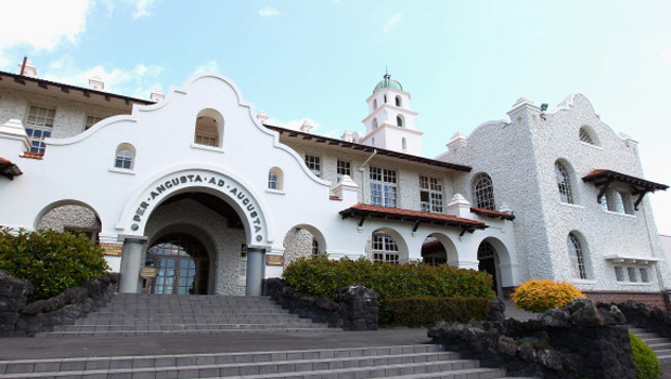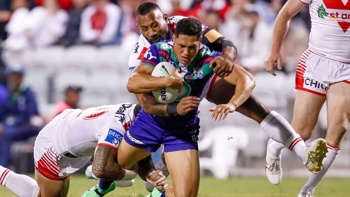
Parents paid $161.6 million towards their children's "free education" in 2014. Of that, $61.4m was spent in Auckland.
New numbers obtained by the Herald on Sunday reveal mums and dads are giving more and more money to schools every year.
Voluntary donations are expected to top the $1 billion mark when school goes back in a few weeks.
Ministry of Education figures show nationwide donations and fundraising went up $1.2m from 2013 to 2014, reaching $161.6m. That's $8.4m more for New Zealand schools than in 2010.
Top Auckland schools are the biggest benefactors: four of the nation's top 10 recipients are in the region. The Auckland quartet includes the national top two of Epsom Girls' Grammar and Auckland Grammar, who banked $2.5m and $2.2m respectively in 2014.
Epsom Girls' numbers more than doubled over 12 months, from $1.2m in 2013 to $2.5m in 2014.
Labour's Education spokesperson Chris Hipkins today branded "free" education a joke.
"Parents and other donors are propping up our schools to the tune of $1 billion with the country's wealthiest schools receiving the bulk of the money."
Mr Hipkins said when schools couldn't deliver the basics without donations it was time to sit up and take note.
But Education Minister Hekia Parata said parents contributed just $1.80 for every $100 taxpayers spent on education.
The Government invests $10.8 billion in early childhood, primary and secondary education, more than the combined budget for police, defence, roads and foreign affairs.
At the same time the education funding system was under a far-reaching review that was examining all types of funding, including grants, staffing and property.
She said it was important the system allowed parents who were willing and able to, to provide extra.
The country's poorest schools were still getting more from decile-related funding than high-decile schools pocketed from donations and fundraising.
However, although schools are happy the handouts keep going up, the New Zealand Post Primary Teachers' Association (PPTA) says the trend is a big concern.
PPTA president Angela Roberts, says she is "gobsmacked" by the sheer amounts some schools are receiving and the situation shows Kiwi kids are not on a level playing field when it comes to the right to a free education. It must be addressed in an upcoming ministry funding review, Roberts said.
"Some of those schools' numbers are hard to comprehend. There is such inequality depending on where in the country a student is or how much money their parents make," Roberts said.
"Is it a level playing field? Of course not. You only have to look at the resources some high decile schools have access to and a lot of it's for bells and whistles -- maybe a trip to Argentina for the polo team.
"Meanwhile, some students are going to school without breakfast and are from very vulnerable families. They're the ones who need more funding but the way the system works, it's only exacerbating problems like this."
The ministry confirmed Roberts will get her wish.
"The review is considering all aspects of school resourcing," said Andrea Schollmann, head of education system policy at the Ministry of Education.
Schollmann also said lower-decile schools benefit from substantial extra government funding to help overcome "barriers faced by students from lower socio-economic communities, with the ministry providing lower-decile schools extra funding of $115m per year".
But Roberts said that's not enough.
"It's not going to fix the imbalance when some families are living out of a car," she said. "There is no way their children can still get access to richer opportunities, the bells and whistles that some schools enjoy."
Section three of the Education Act 1989 says "every person who is not an international student is entitled to free enrolment and free education at any state school" between the ages of 5 and 19.
Take your Radio, Podcasts and Music with you









